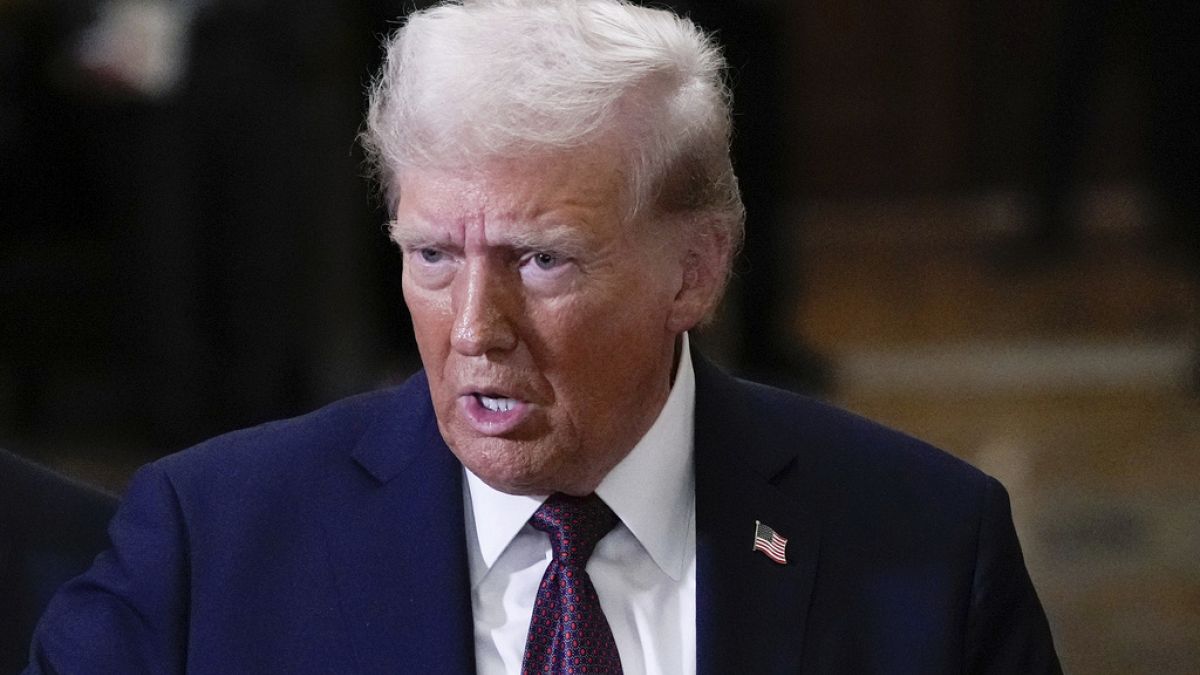Analysis: A year of protests against Government policy is ending with the kind of demonstration a former PM warned of a decade ago, writes 1News reporter Te Aniwa Hurihanginui.
It’s been 10 years since former prime minister Sir John Key warned that abolishing the Māori seats in Parliament would trigger “hīkoi from hell”. The seats were never removed, and the “hellish” hīkoi he envisaged were averted.
He couldn’t have known, of course, that a policy with the potential to have even greater constitutional implications for the country would one day land on his successor’s desk, and set in motion a wave of opposition set to culminate in the very “hīkoi from hell” he once feared.
The Treaty Principles Bill, legislation Prime Minister Christopher Luxon has agreed to support through to its first reading, has been called the “worst, most comprehensive breach of the Treaty of Waitangi” in modern times. The backlash over it has been significant and widespread. And it’s only about to ramp up.
From Monday, what’s expected to be the largest hīkoi the country has seen in 20 years, could be passing through a town near you.
It will take off from Cape Reinga, at the top of the North Island, and end at Parliament in Wellington on November 19. The hīkoi was initially scheduled to arrive there just in time for the introduction of the Treaty Principles Bill. But the Government had other plans, and unexpectedly put it before the House this week.
The controversial bill will have its first reading next week when Christopher Luxon is out of the country. (Source: 1News)
That hasn’t deterred those getting ready to march on the streets.
The hīkoi will go ahead as planned and journey through places like Kaitaia and Whangārei, eventually crossing the Auckland Harbour Bridge, before passing through Hamilton, Rotorua, Hastings, Palmerston North and Porirua.
Towns and cities across the South Island are preparing too, with another hīkoi set to pass through Bluff, Invercargill, Dunedin, Christchurch and Nelson. Organisers from the Toitū Te Tiriti movement expect around 50,000 people will take part nationwide.
But they are not calling this a protest. Nor are they describing it as a hīkoi from hell. In their words, it will be a peaceful “activation”, a movement that is just as much about Māori pushing back, as it is about Māori liberating themselves.
The Government is set to introduce the controversial Treaty Principles Bill on Thursday. (Source: Breakfast)
‘A seed of belief’
Spokesperson Eru Kapa-Kingi told Breakfast last month he hopes the hīkoi will plant “a seed of belief” in the hearts and minds of Māori that tino rangatiratanga, a right guaranteed to them in Article Two of the Treaty, was worth fighting for.
The hīkoi will be the last major demonstration against the Government we are likely to see this year. But the coalition can expect to see more of the same over the course of its term.
Because the Treaty Principles Bill is not the only policy Māori are rallying against. And there’s another big change coming – a review of all Treaty of Waitangi provisions in legislation.
No one really knows how the hīkoi will look or unfold next week. Some believe it could be as captivating and powerful as the 1975 Māori Land March and the 2004 Foreshore and Seabed Hīkoi, two pivotal moments in history that threatened to break the Treaty partnership.
Two decades on, that relationship is about to be tested again.














